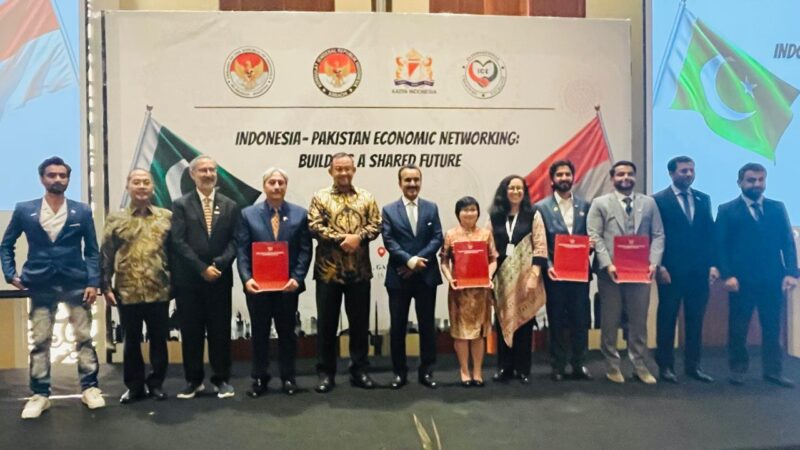Ali Basit
Traditionally, navies around the world have been designed to address traditional maritime threats, focusing on defence against military aggression and safeguarding territorial waters. However, in the evolving security landscape, threats have expanded beyond the traditional spectrum to include non-traditional challenges such as maritime terrorism, piracy, smuggling, drug trafficking, environmental hazards, cyber threats, and humanitarian crises. These non-traditional threats are not confined by geographic boundaries and often require swift, coordinated responses involving multiple national agencies and stakeholders. This shift necessitates a collaborative approach, where coordination among all national stakeholders becomes vital to effectively counter these complex and multifaceted threats. Recognizing this need, the Pakistan Navy has adopted a proactive strategy by engaging national stakeholders to ensure comprehensive maritime security and response mechanisms, strengthening the nation’s resilience in the face of evolving maritime challenges.
Pakistan Navy, as the guardian of the nation’s maritime borders, continues to uphold its commitment to safeguarding Pakistan’s maritime interests against any threat. In pursuit of this mission, the Pakistan Navy established the Joint Maritime Information and Coordination Center (JMICC) in 2013. The JMICC provides a platform for all national stakeholders in the maritime domain, ensuring seamless information sharing and coordinated responses in case of any maritime incident. Over the time, the JMICC has evolved into a well-organized institution, establishing links with 52 national and 11 international stakeholders. Considering the challenges, resource constraints, and inherent complexities of maritime operations, a persistent presence at sea is not feasible for any single agency or organization. Therefore, continuous coordination and cooperation among stakeholders are essential.
In this regard, Pakistan Navy took the initiative of Exercise SEA GUARD in 2024. This year’s exercise is the second edition and is being conducted from 24 to 28 February. The primary aim of this exercise is to evaluate the JMICC’s capability to ensure timely information exchange, foster seamless coordination among national stakeholders, and generate appropriate responses to various maritime threats. Through rigorous drills and real-time simulations, the exercise focuses on assessing the surveillance, monitoring, and response effectiveness of coastal security elements, which are responsible for ensuring Pakistan’s maritime security on a day-to-day basis. It also seeks to enhance operational integration by coordinating surface platform operations across various branches of the armed forces and national maritime agencies.
This helped establish stronger relationships among national stakeholders and highlighted the importance of JMICC as an effective coordination center in the maritime domain. Notably, JMICC has been approached 33 times for search and rescue operations since the last exercise in 2024, resulting in the successful rescue of over 60 precious lives with the support of Pakistan Maritime Security Agency and Pakistan Navy. JMICC’s international connections have also proven beneficial for maritime safety and security. A recent example is the coordination with the Oman Maritime Security Center to facilitate the repair of a stranded Pakistani fishing vessel in Omani waters, ensuring the safety of eight precious lives. Furthermore, on 30 January 2025, JMICC responded to a distress call from an Iranian fishing vessel and coordinated with Pakistan Navy Fleet to rescue eight personnel via helicopter. Additionally, JMICC has successfully coordinated several anti-narcotics operations based on intelligence inputs and information from national stakeholders. Since January 2024, nine operations have been conducted, including a recent intelligence-based operation near Sonmiani, resulting in the seizure of 200 kg of narcotics by Pakistan Marines.
In conclusion, Exercise SEA GUARD 2025 highlights the Pakistan Navy’s unwavering dedication to securing the nation’s maritime interests in an increasingly complex security environment. By enhancing coordination among national and international stakeholders through the JMICC, Pakistan has set a benchmark for proactive and collaborative maritime security efforts. The successful outcomes of recent rescue operations and anti-narcotics missions underscore the importance of such initiatives in safeguarding not just national waters but also contributing to regional peace and global maritime stability.






